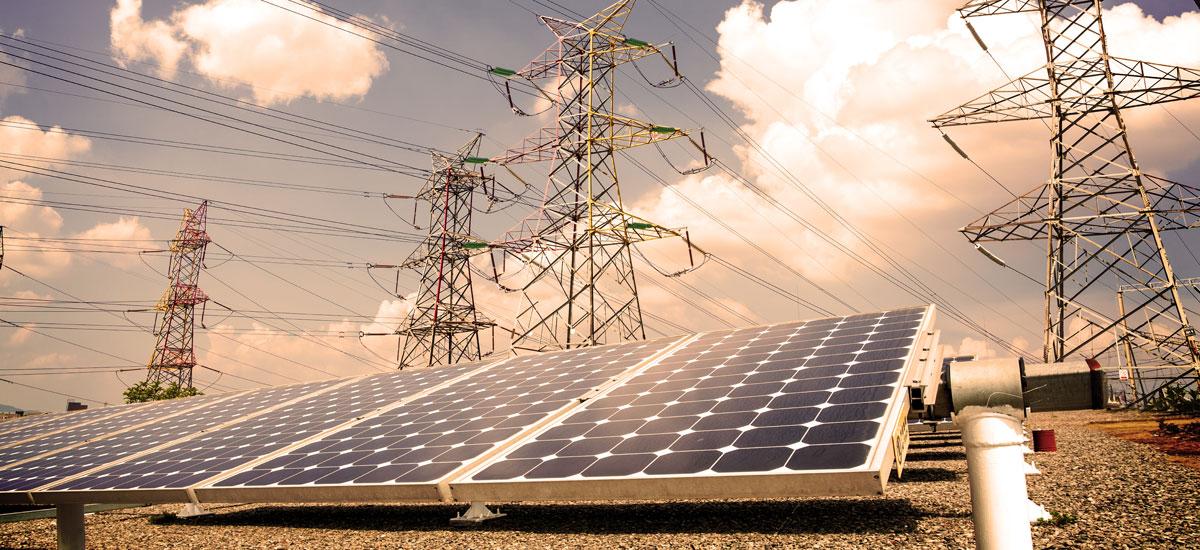Renewable energy technology has become an essential tool in tackling climate change and supporting economic growth. The use of renewable energy helps lower greenhouse gas emissions and improve air quality while preserving resources for future generations. The technology provides a decentralized energy supply, creates employment opportunities, stimulates economic growth, and reduces dependence on fossil fuels. Further, renewable energy production has become cost-competitive with traditional energy sources, helping to lower energy costs while providing a consistent energy supply. Technological innovations in renewable energy systems hold even more promise for the future. With these benefits in mind, governments worldwide should incentivize the transition to renewable energy sources to support economic growth and mitigate climate change.
The 10 Benefits of Renewable Energy Technology for the Environment and the Economy
Renewable energy technology includes solar, wind, hydro-power, geothermal, and biomass used to generate energy. Renewable energy use has been increasing globally, and its benefits for the environment and economy have been widely appreciated. In this article, we will discuss the ten benefits of renewable energy technology for the environment and the economy.
1. The reduction of greenhouse gas emissions
Greenhouse gases, such as carbon dioxide, methane, and nitrous oxide, are the primary cause of climate change. Renewable energy technologies do not produce greenhouse gas emissions in the process of generating energy. Using renewable energy sources instead of fossil fuels helps reduce the amount of greenhouse gases released into the atmosphere, thereby playing an important role in combating climate change.
2. Improved air quality
Fossil fuels burning for energy emits pollutants, such as sulfur dioxide, lead, and mercury, which significantly harm air quality. Renewable energy technologies, such as solar and wind, do not emit any pollutants into the atmosphere, leading to an improvement in air quality.
3. Resource conservation
Renewable energy technologies produce energy from sources that are unlimited and do not harm the environment. Fossil fuels such as coal, oil, and gas are finite resources that will eventually run out. The use of renewable energy sources helps conserve these resources for future generations.
4. Decentralized energy production
Renewable energy technologies can produce energy on a decentralized scale, making energy production possible even in remote areas where connecting to the national grid is not feasible. Furthermore, small-scale renewable energy systems provide a more dependable and robust energy supply.
5. Job creation
Renewable energy technologies require more direct labor to generate energy than fossil fuels. The renewable energy industry has significantly higher labor requirements, leading to job creation as the industry continues to grow.
6. Stimulus to the economy
Renewable energy technologies have become cost-competitive with traditional energy sources such as coal and oil. As a result, investments in renewable energy projects provide an economic stimulus, leading to job creation and economic growth.
7. Reduced dependence on fossil fuels
Renewable energy technologies reduce dependence on fossil fuels, some of which come from politically unstable regions. The use of renewable energy sources also reduces the number of transportation incidents related to the transportation and distribution of traditional energy sources.
8. Lower energy costs
As mentioned, renewable energy generation has become cost-competitive with traditional energy sources. Consequently, renewable energy provides consumers with a cost-effective alternative to traditional energy sources.
9. Consistent energy supply
Renewable energy systems can provide a more consistent energy supply because they are less susceptible to grid failures during severe weather events or natural disasters. This consistency helps provide critical life-saving services such as hospitals and emergency services.
10. Technological innovation
Renewable energy technologies are relatively new compared to traditional energy sources. Consequently, there is significant room for innovation and development resulting in more efficient renewable energy systems.
In conclusion, renewable energy technologies provide numerous benefits to the environment and the economy. Increased investments in renewable energy technologies will undoubtedly lead to more benefits than this article could cover. Governments worldwide should incentivize and support the transition to renewable energy sources to mitigate climate change and spur economic growth.
